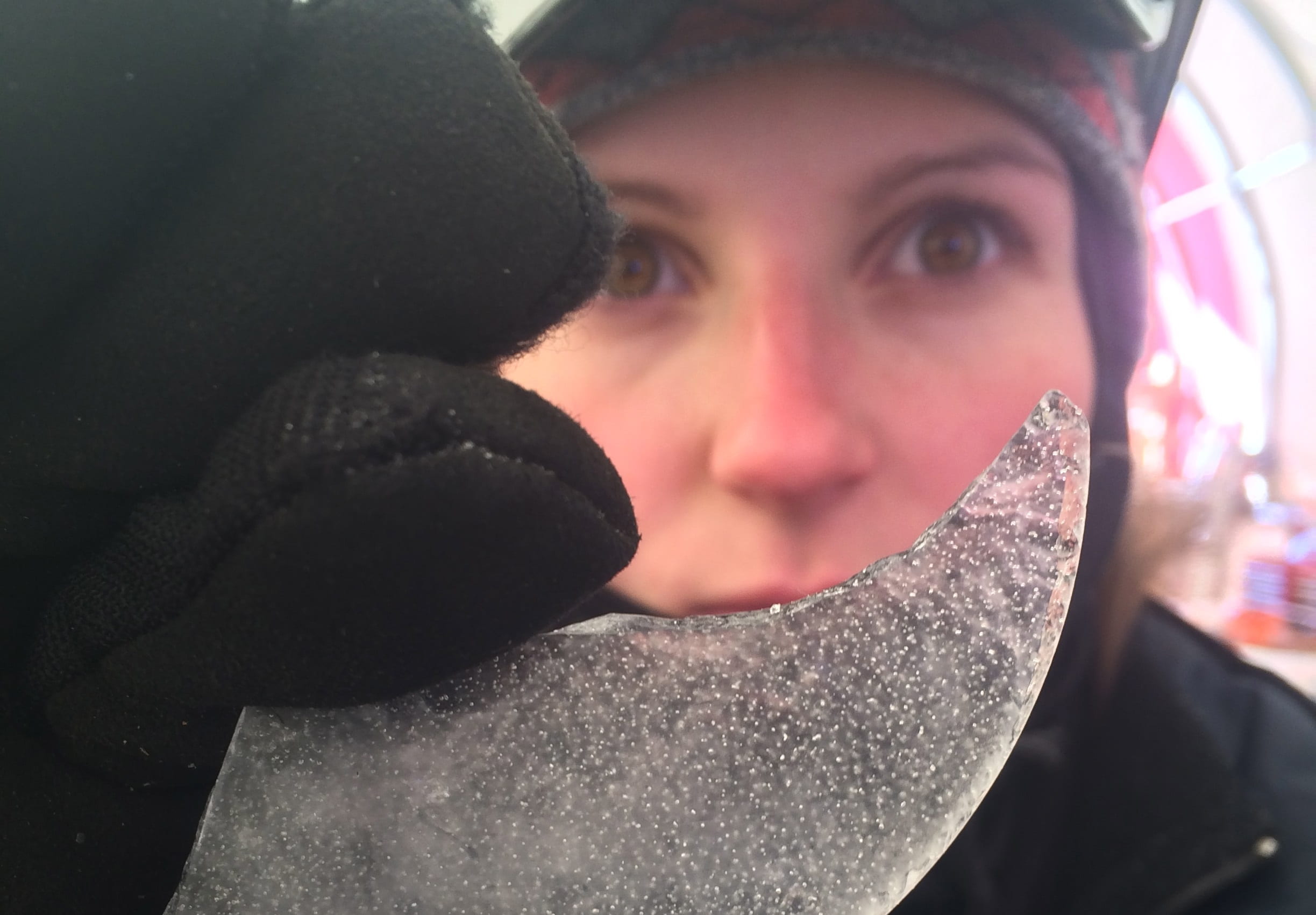The art of healthy persuasion
UCI researcher creates videos and messages to boost vaccination rates and cancer screenings

She’s heard all the excuses. When it comes to colonoscopies, immunizations and other preventive measures, Suellen Hopfer is used to encountering rationalizations and resistance.
Her job is to defuse the defenses.
Bombarding folks with facts “isn’t going to motivate them,” says Hopfer, a UCI assistant professor of public health who specializes in medical and risk communication. Instead, she crafts videos and other messages that address real-life objections and fears with a blend of emotion, humor and FAQ-style nuggets of information.
Her latest project aims to increase colon tumor screenings, Pap tests and HPV vaccinations among Vietnamese Americans, especially older generations who are wary of Western medicine or follow cultural taboos against even discussing cancer.
Funded by a $34,000 grant from UCI’s Anti-Cancer Challenge fundraiser, the pilot program will use family chats on social media apps to promote disease prevention, a method that has previously worked to help people quit smoking, Hopfer says.
“Health information may be more accepted when the message comes from a trusted relative,” she explains.
For the UCI project, grad student researcher Theresa Duong is recruiting 20 Vietnamese American young adults to serve as wellness ambassadors in group discussions with their elders on Facebook, WhatsApp and other chat platforms.
Meanwhile, Hopfer has convened focus groups to devise sample scripts for the recruits to use. “We interview the audience we want to reach so we can develop a message that resonates as authentic and relatable,” she says.
This won’t be a blind study. Family members will be told in advance that they’re part of an experiment, which could skew the results, Hopfer concedes. But she nevertheless hopes to learn which messages are most effective. “The way you talk about things makes a big difference in whether people actually vaccinate or get a screening,” she notes.
While studying health communication as a Ph.D. student at Pennsylvania State University, Hopfer created a video – financed by the Centers for Disease Control and Prevention – that nearly doubled HPV inoculation rates among viewers. She works on similar projects with Real Prevention, a company that offers vaccination and anti-substance-abuse programs for youth. Together, they have produced 18 HPV videos – including one filmed in Westminster’s Little Saigon – tailored to various demographic and social groups.
If all goes well with her Vietnamese experiment, Hopfer will apply for federal grants to conduct a larger, formal trial and possibly adapt the scripts for other communities, she says.
Dr. Richard Van Etten, director of UCI Health’s Chao Family Comprehensive Cancer Center, says he welcomes any effort to boost cancer screening rates, which are especially low among ethnic minorities. “Part of our mission,” he says, “is to identify cancer [inequities] and come up with research programs to alleviate them.”
Orange County Vietnamese families interested in joining Hopfer’s study can visit https://vics-info.weebly.com for more information or email her research assistant at huongd@uci.edu.


